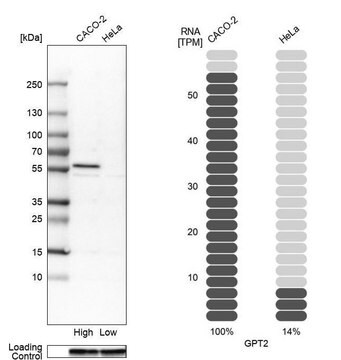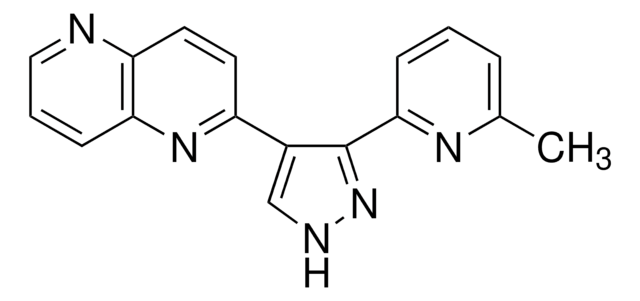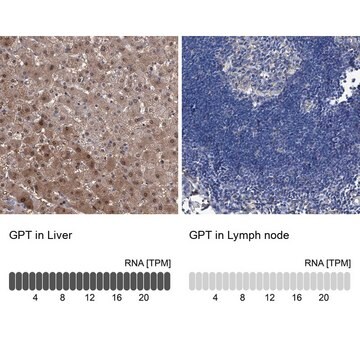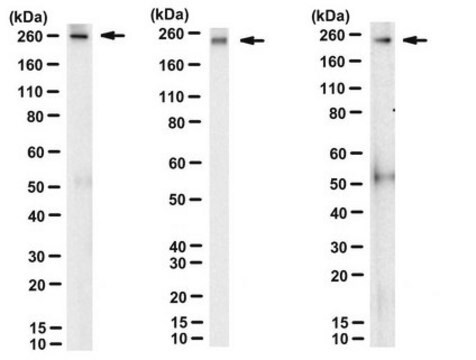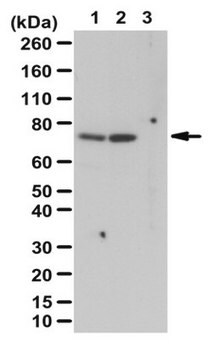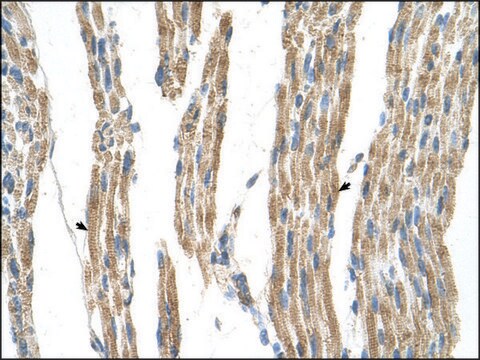ABD121
Anti-PRDM14 Antibody
from rabbit
Synonym(s):
PRDM-14, PR domain zinc finger protein 14
About This Item
Recommended Products
biological source
rabbit
Quality Level
antibody form
unpurified
antibody product type
primary antibodies
clone
polyclonal
species reactivity
human
technique(s)
ChIP: suitable (ChIP-seq)
western blot: suitable
isotype
IgG
UniProt accession no.
shipped in
wet ice
target post-translational modification
unmodified
Gene Information
human ... PRDM14(63978)
General description
Specificity
Immunogen
Application
ChIPseq Analysis: A representative lot was used by an independent laboratory on H1 human ES cells (Chia et al., 2010. Nature. 316, VOL 468)
Stem Cell Research
Pluripotent & Early Differentiation
Quality
Target description
Physical form
Storage and Stability
Handling Recommendations: Upon receipt and prior to removing the cap, centrifuge the vial and gently mix the solution. Aliquot into microcentrifuge tubes and store at -20°C. Avoid repeated freeze/thaw cycles, which may damage IgG and affect product performance.
Other Notes
Disclaimer
Not finding the right product?
Try our Product Selector Tool.
Storage Class Code
10 - Combustible liquids
WGK
WGK 1
Flash Point(F)
Not applicable
Flash Point(C)
Not applicable
Regulatory Listings
Regulatory Listings are mainly provided for chemical products. Only limited information can be provided here for non-chemical products. No entry means none of the components are listed. It is the user’s obligation to ensure the safe and legal use of the product.
JAN Code
ABD121:
Certificates of Analysis (COA)
Search for Certificates of Analysis (COA) by entering the products Lot/Batch Number. Lot and Batch Numbers can be found on a product’s label following the words ‘Lot’ or ‘Batch’.
Already Own This Product?
Find documentation for the products that you have recently purchased in the Document Library.
Our team of scientists has experience in all areas of research including Life Science, Material Science, Chemical Synthesis, Chromatography, Analytical and many others.
Contact Technical Service